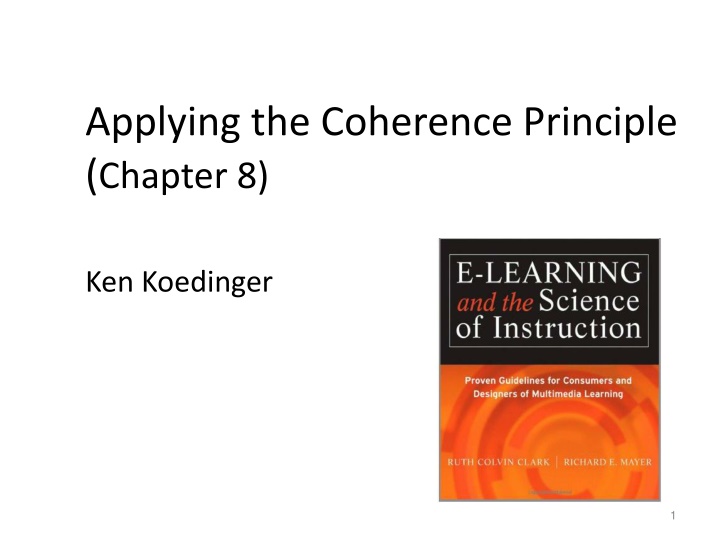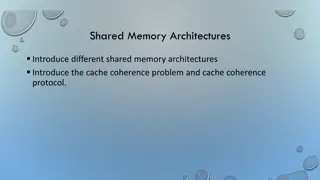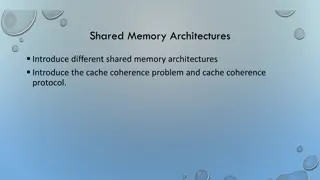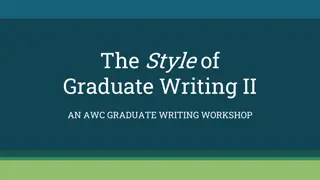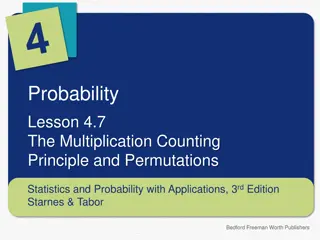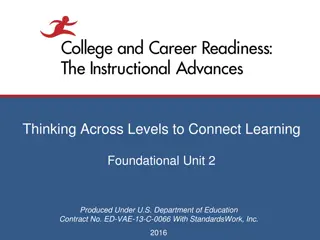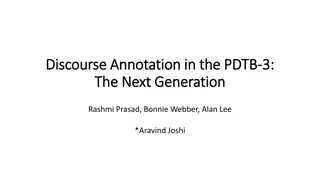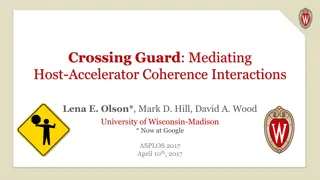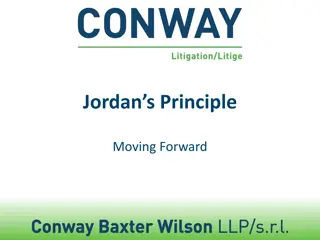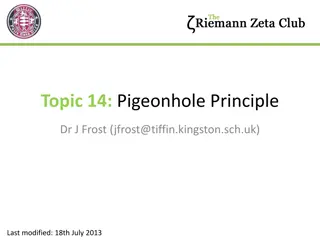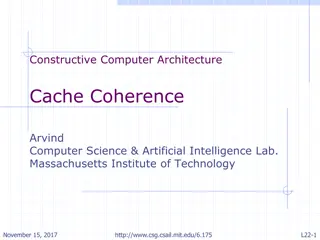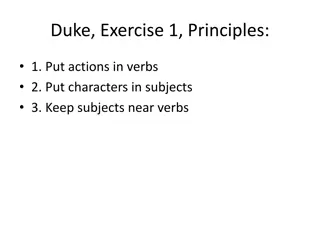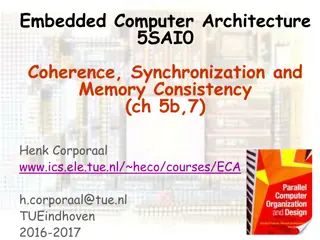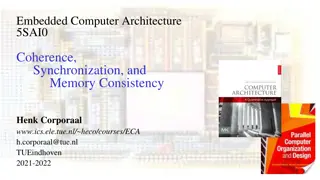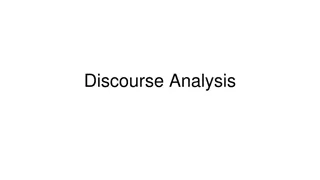Enhancing Student Learning Through Coherence Principle
The Coherence Principle emphasizes the importance of excluding extraneous, entertaining materials to improve student learning. Including such materials can compete for cognitive resources and divert attention from essential information. Utilizing simpler visuals and avoiding websites that violate this principle are key in creating effective learning experiences.
Download Presentation

Please find below an Image/Link to download the presentation.
The content on the website is provided AS IS for your information and personal use only. It may not be sold, licensed, or shared on other websites without obtaining consent from the author.If you encounter any issues during the download, it is possible that the publisher has removed the file from their server.
You are allowed to download the files provided on this website for personal or commercial use, subject to the condition that they are used lawfully. All files are the property of their respective owners.
The content on the website is provided AS IS for your information and personal use only. It may not be sold, licensed, or shared on other websites without obtaining consent from the author.
E N D
Presentation Transcript
Applying the Coherence Principle (Chapter 8) Ken Koedinger 1
Coherence Principle Which is better for student learning? A. When extraneous, entertaining material is included B. When extraneous, entertaining material is excluded Example: Including a picture of an airplane being struck by lightning
Coherence Principle Which is better for student learning? A. When extraneous, entertaining material is included B. When extraneous, entertaining material is excluded
Coherence Principle Which is better for student learning? A. When extraneous, entertaining material is included B. When extraneous, entertaining material is excluded Example: Including a picture of an airplane being struck by lightning B. Excluded Why? Extraneous material competes for cognitive resources in working memory and diverts attention from the important material
Some example web sites that may violate Coherence Principle http://ippex.pppl.gov/interactive/ http://education- portal.com/academy/lesson/charles-horton- cooley-theory-microsociology.html http://www.interactive- biology.com/1099/nutrition-and-energy-flow- principles-of-ecology-part-1-and-2/ http://e- learningforkids.org/Courses/EN/Measurement/i ndex.html 7
